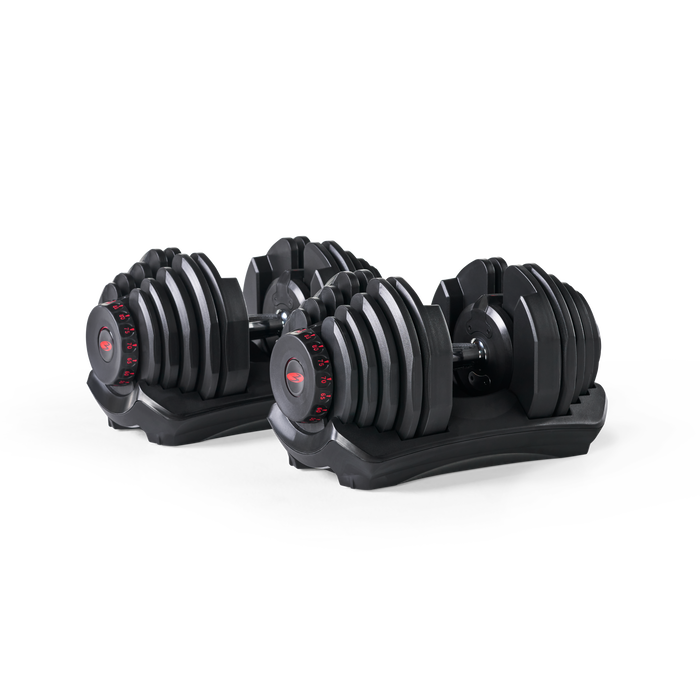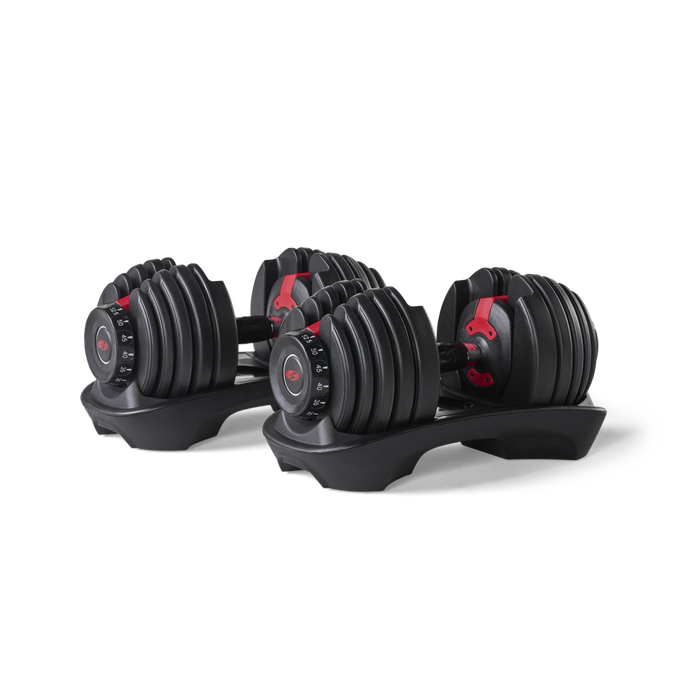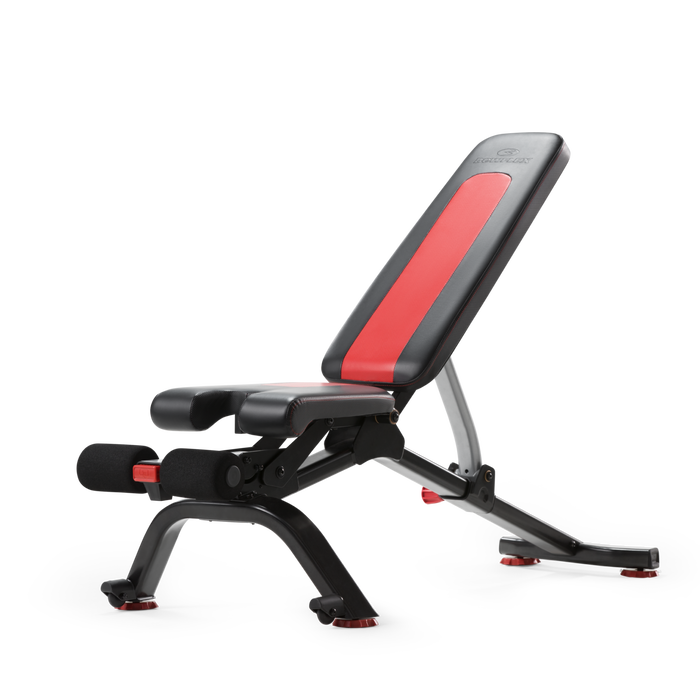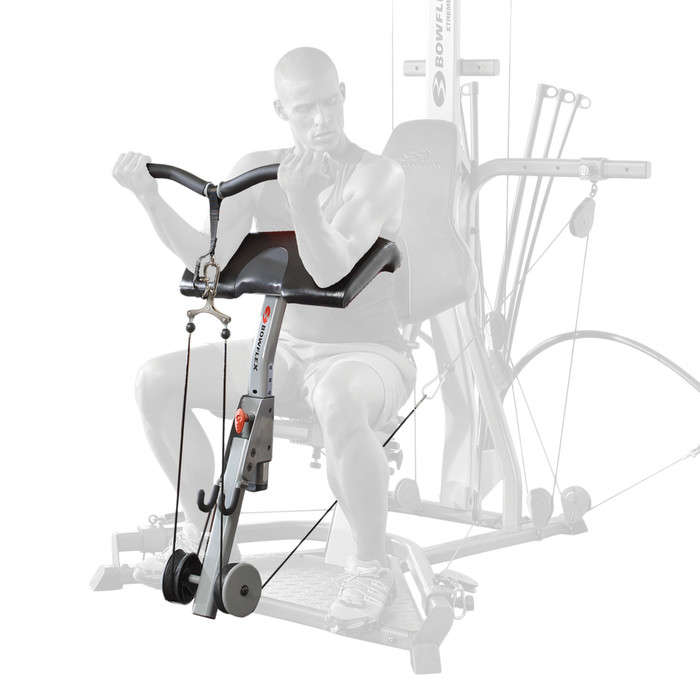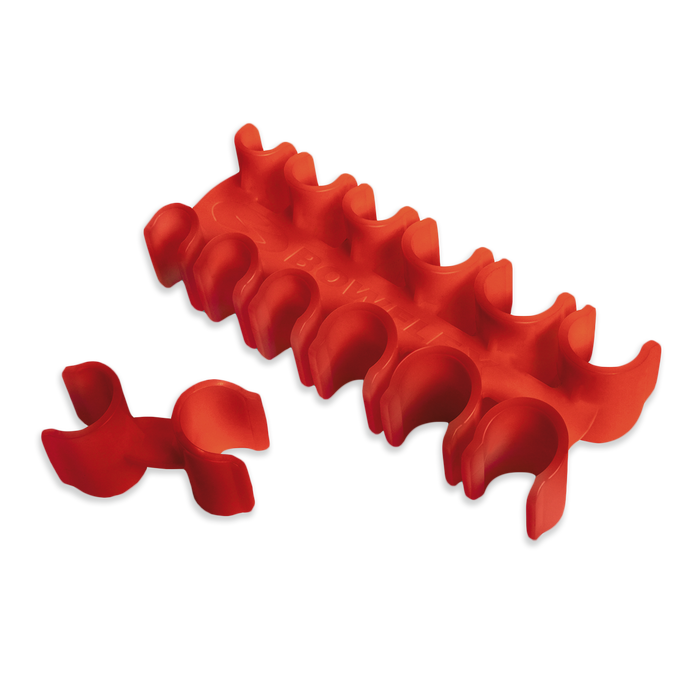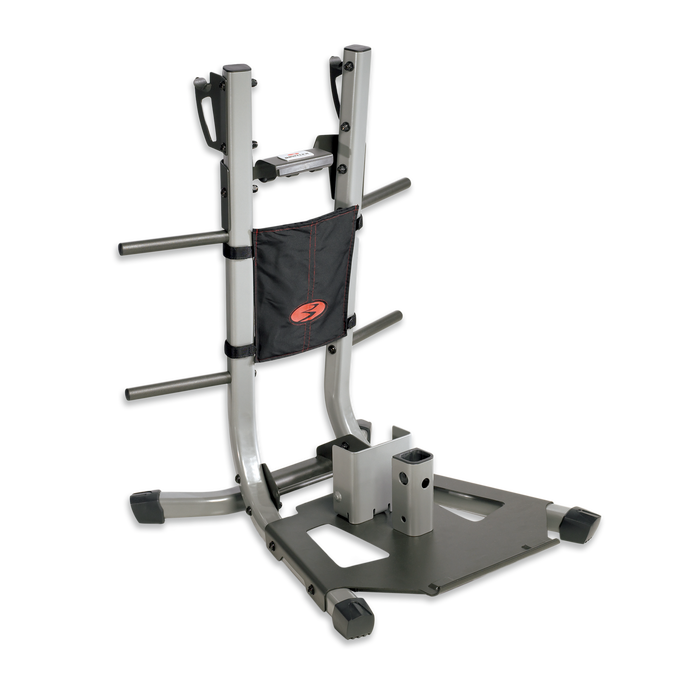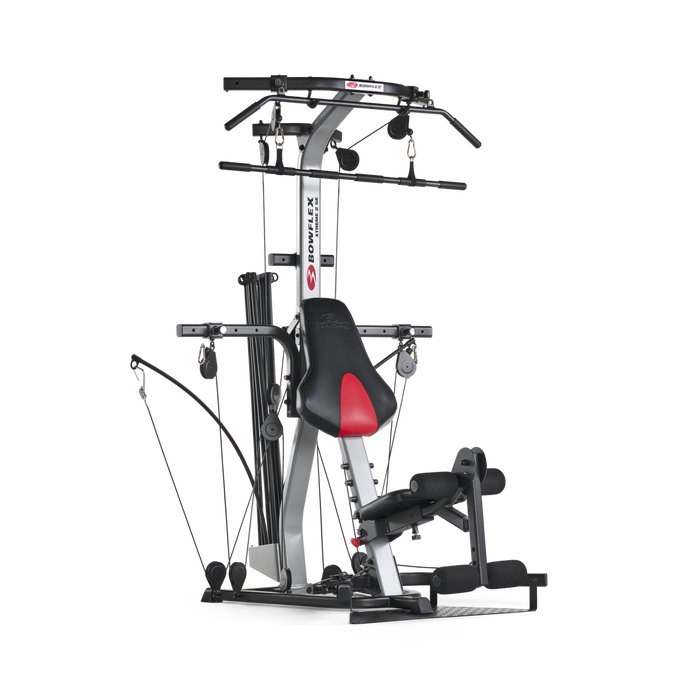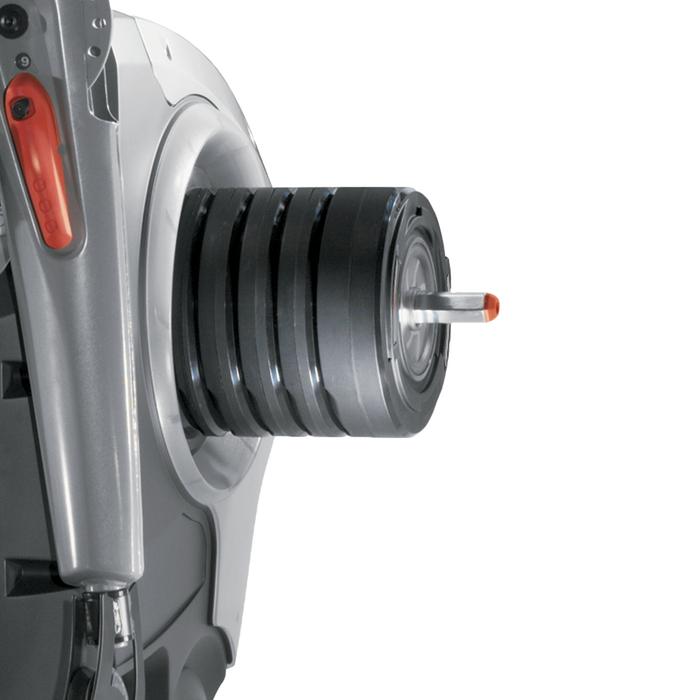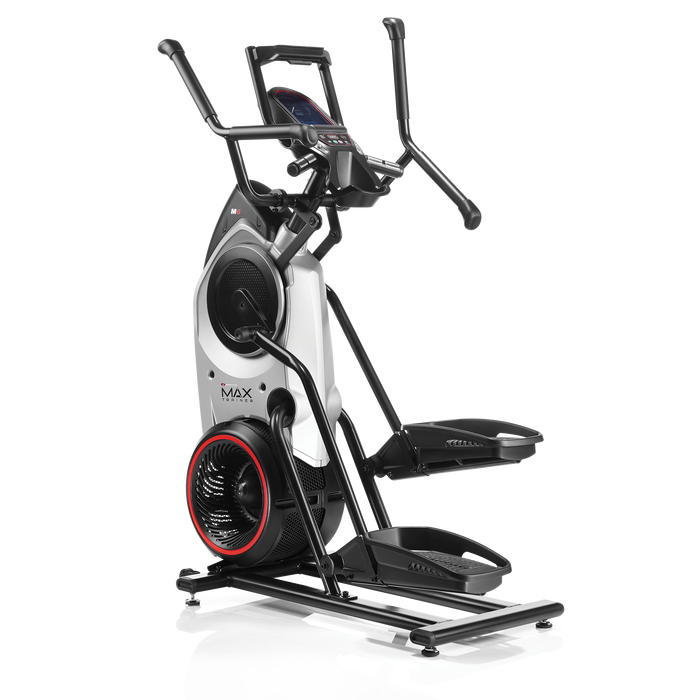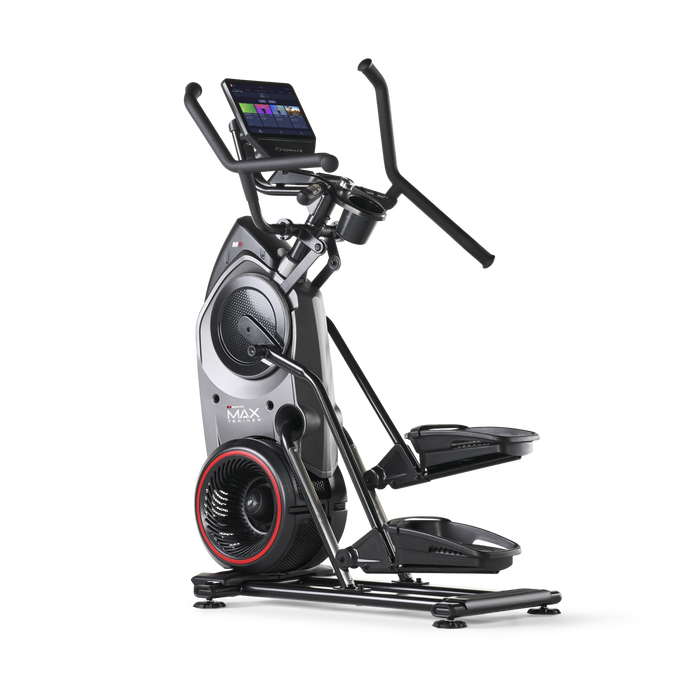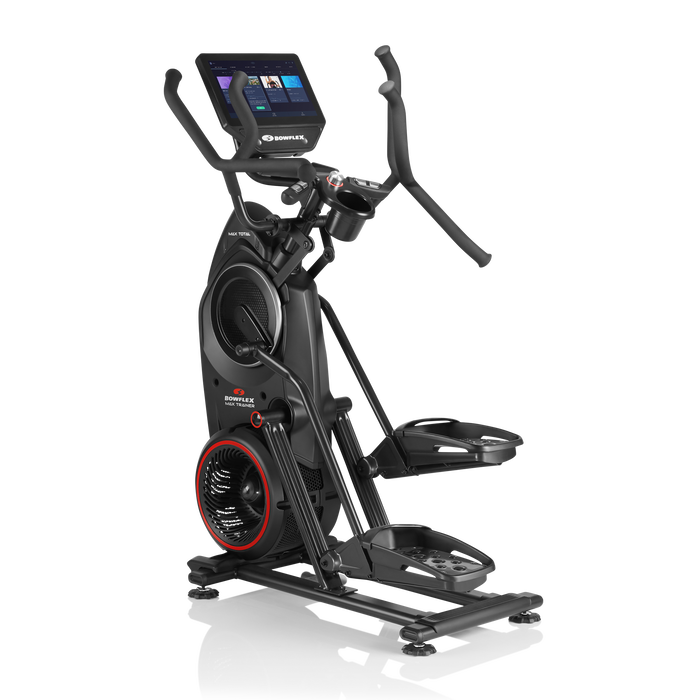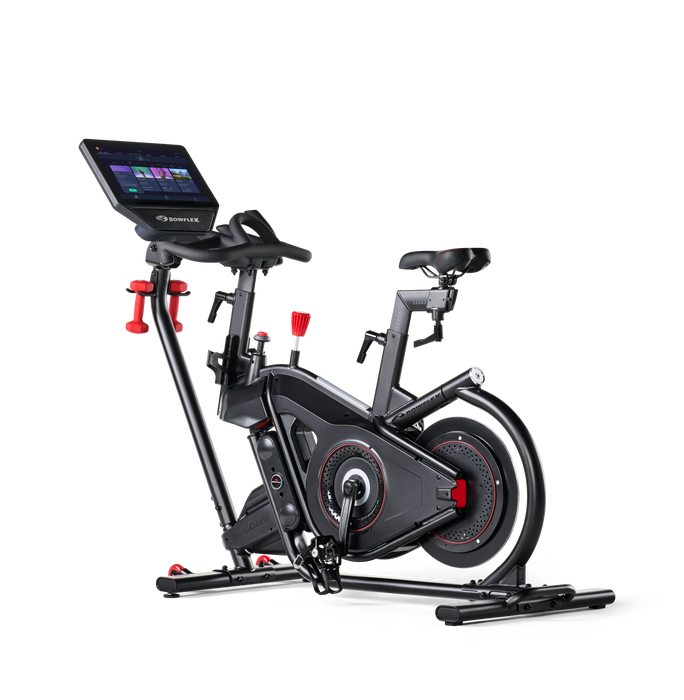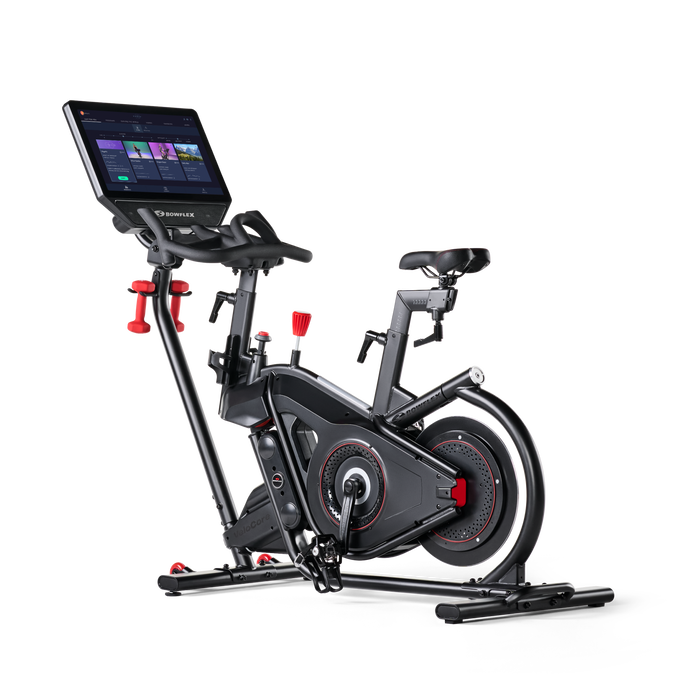Five Tips for Becoming a Marathoner

It's no secret that running is one of the most popular sports in the U.S. In fact, over 17.1 million Americans finished road races in 2015 – including everything from 5ks to marathons. Running can help you to stay fit, lose weight and build endurance. Whether it's running for a cause or running for fun, people can't seem to get enough.
Running 26.2 miles can seem like a daunting task, but it doesn't have to be as scary as it seems. By following a proper training program and prepping in advance, running a marathon can be a manageable task. If you're looking to run your first marathon, check out these five training tips:
- Start training early
When training for a marathon, start as early as you can. Runners should start their training program at least four to five months in advance. This will give you enough time to slowly increase mileage. Tapering your training is the key to success. Running too much too quickly increases your risk for injuries and can lead to burnout. How late is too late to start training? It's recommended for even experienced marathoners to start training at least one to two months in advance.
- Wear the right gear
When it comes to gear, running shoes are the most important piece. Investing in a high-quality pair of shoes can prevent injuries and pain. If you've run more than 300 miles in your shoes, it's time for a new pair. Remember to test your new shoes by completing a few shorter runs before the big day.
In addition, always dress for temperatures 15 to 20 degrees warmer than it will be during the run. This will prevent you from overheating. Clothing made of cotton should be avoided because once it gets wet, it stays wet. For colder runs, wear wicking material that will keep you dry and reduce the likelihood of hypothermia.
- Incorporate other workouts into your training
Cross training is essential to any marathon training plan. Experts recommend cross training with low-impact workouts at least two times a week. This includes everything from swimming and yoga to weight lifting and running on the Octane Fitness® Zero Runner®. These workouts allow you to work out important muscles, while avoiding the repetitive stress and impact associated with running. Core workouts can also help stabilize your body while running. By strengthening your core, you'll even have a better running form when you're tired.
- Run the course
What's the best way to prep for any marathon? Run or mimic the course so you'll know exactly what to expect on the big day. Your muscles will know how to handle the hills, and you'll feel more confident. If you live somewhere flat, try practicing hills on a treadmill by increasing its incline. Another options is to run stadiums.
- Watch what you eat
The most important meals when training are the night before and the day of the race. It's important to eat a low-fat, high-carb dinner the night before the race. In addition, try eating an early dinner so your body has ample time to digest. On the big day, eat breakfast approximately two hours before the marathon. Stick to whole foods and carbs, while avoiding dairy, high fiber and processed foods. You should also eat what your body is used to and avoid anything new. The last thing you want is an upset stomach during your run.

